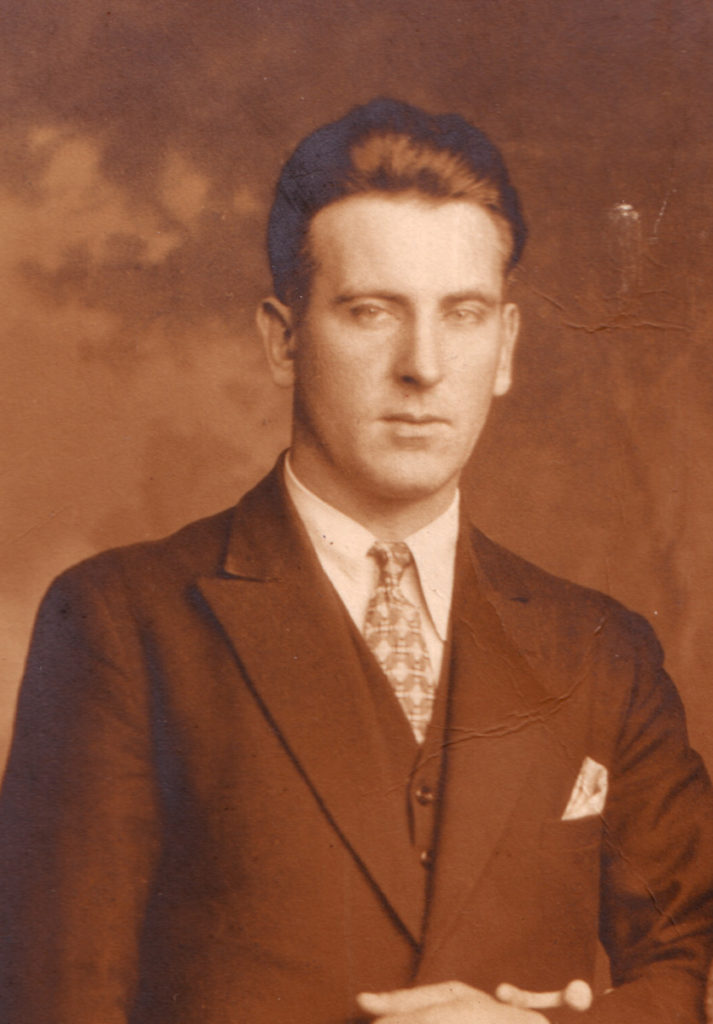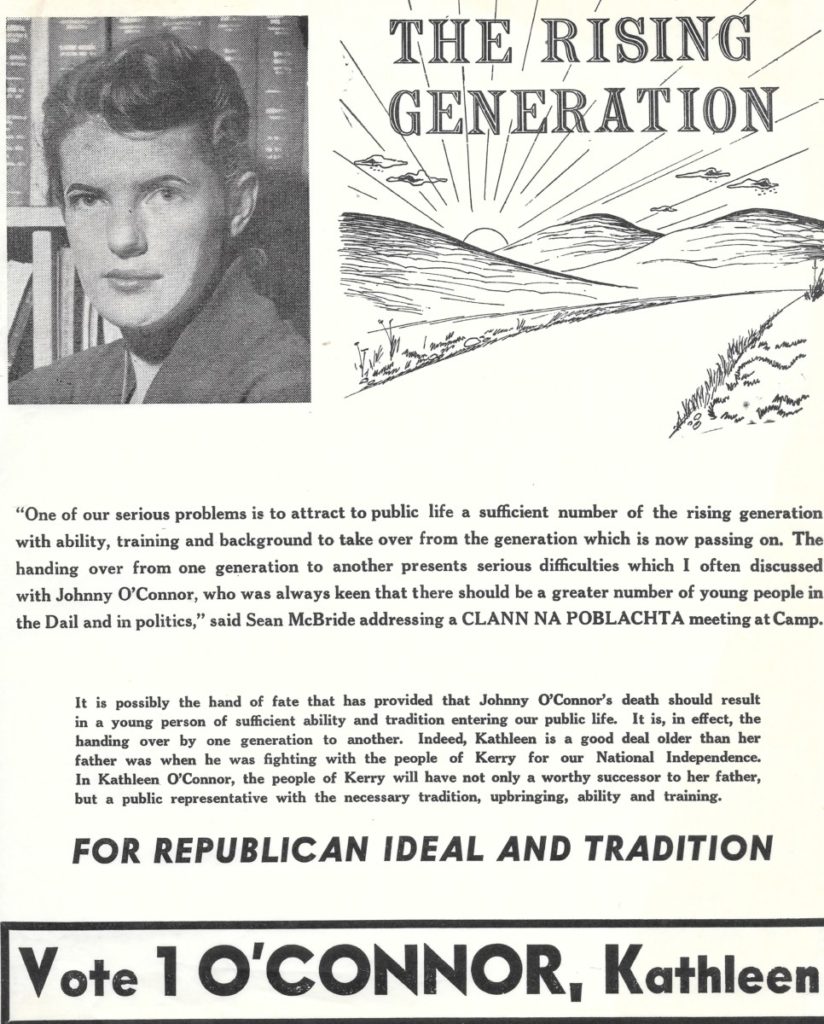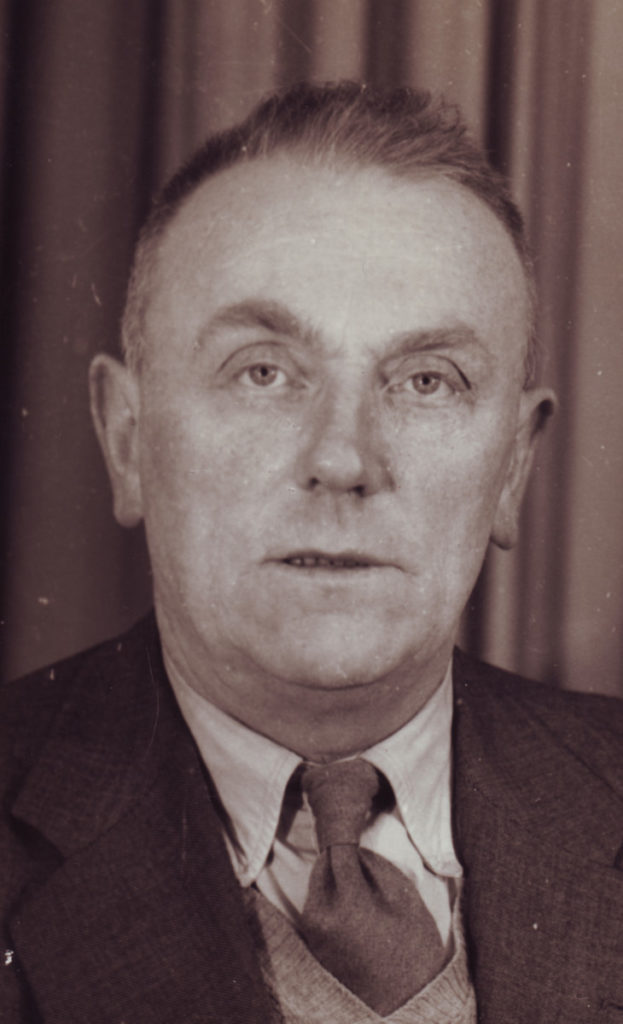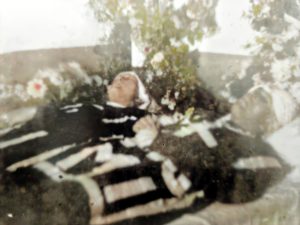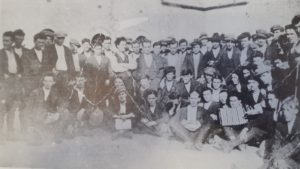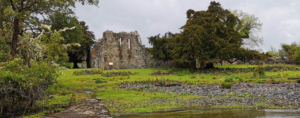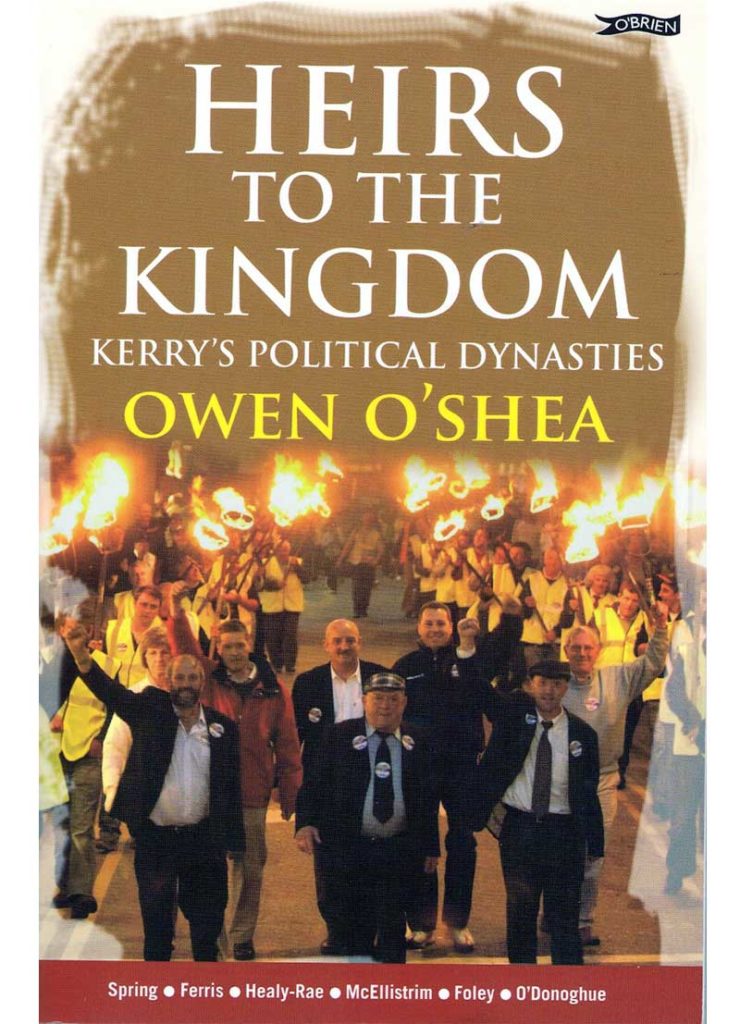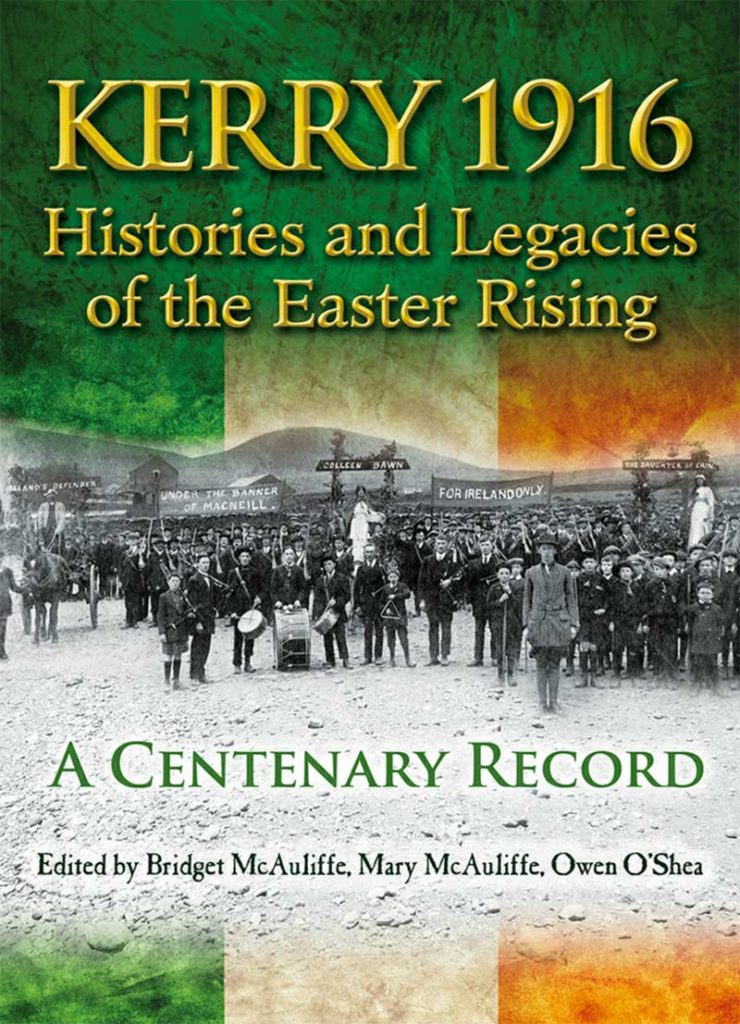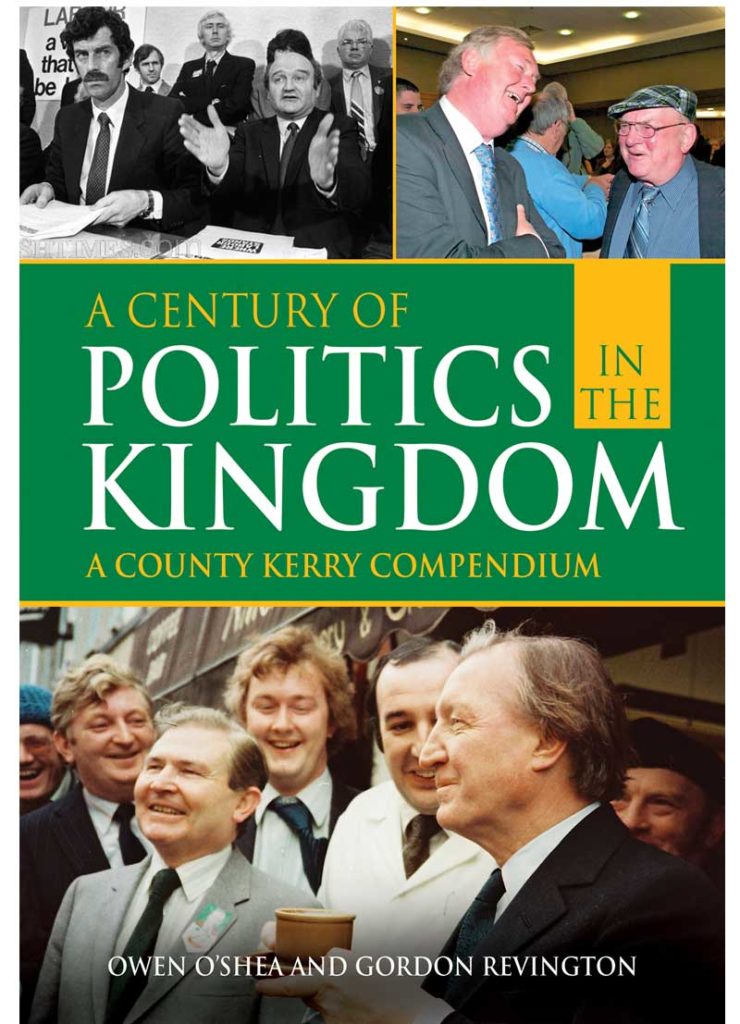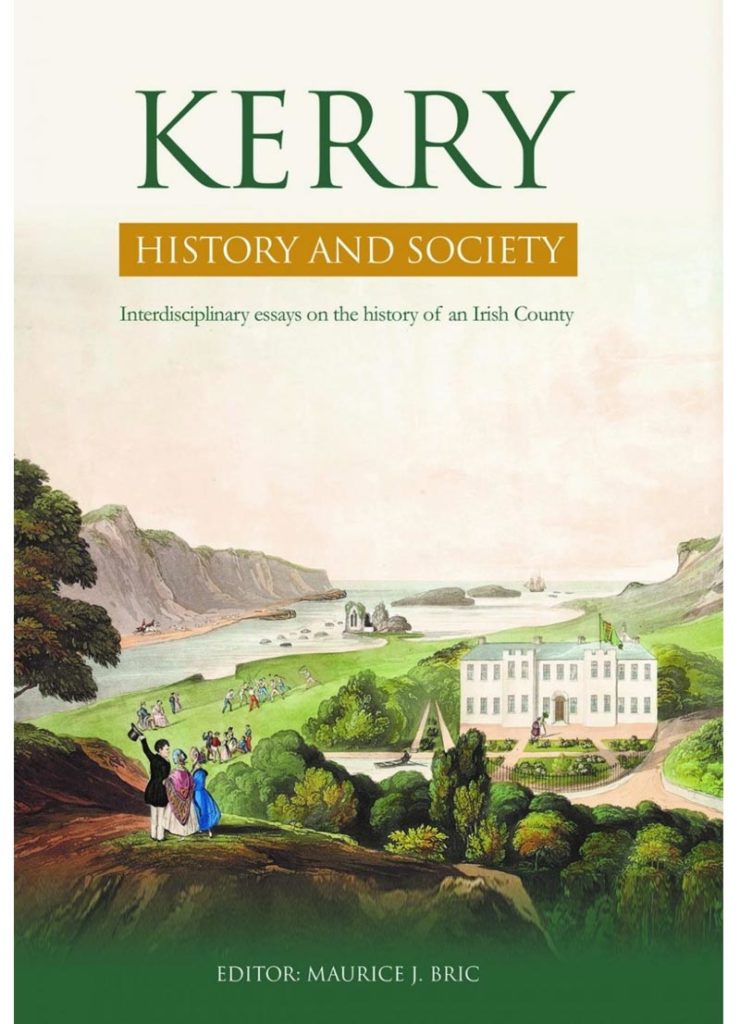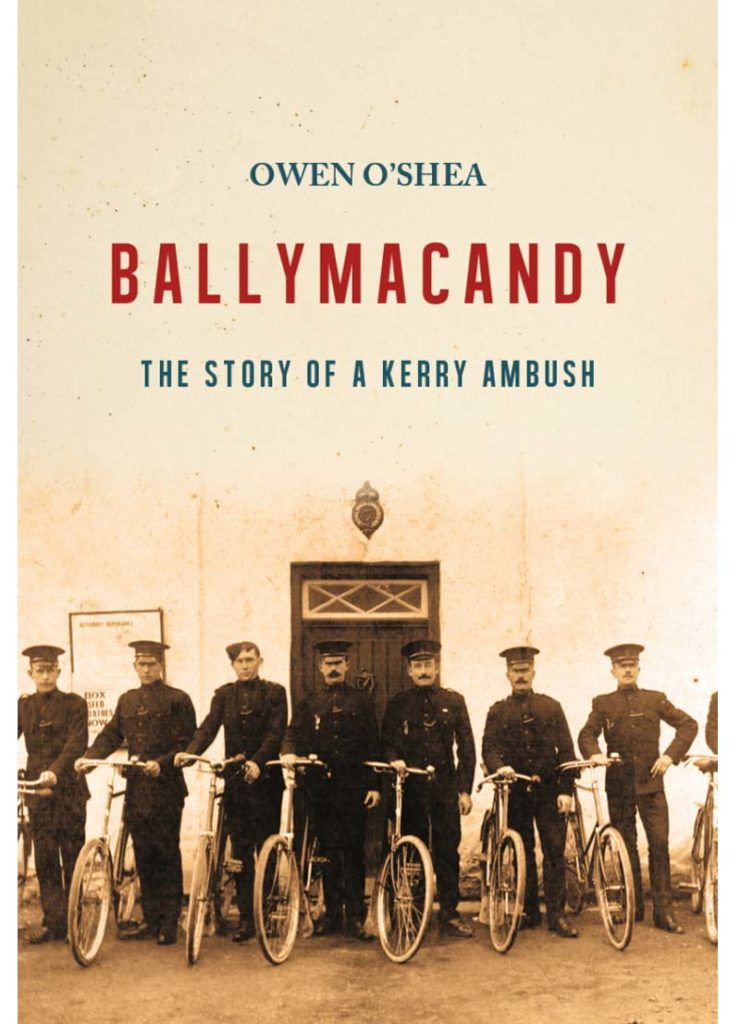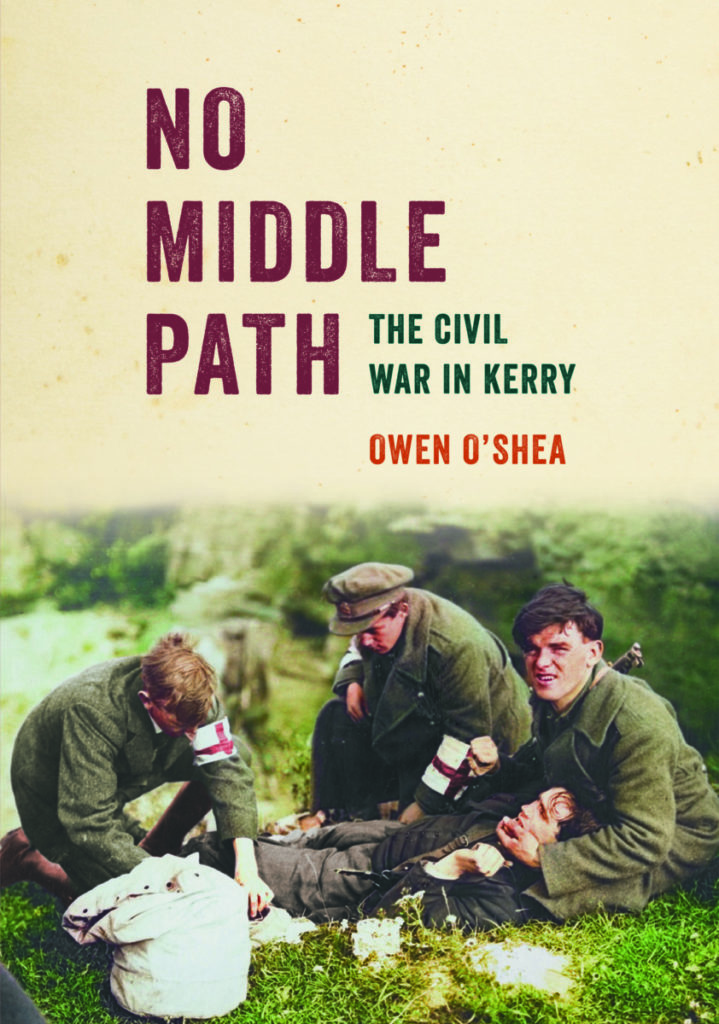The extraordinary and dramatic story of the 1956 by-election in Kerry North and the candidate who was too young to vote for herself
When the Clann na Poblachta TD for Kerry North, Johnny Connor (O’Connor) was killed in a road accident between Castleisland and Abbeyfeale just two weeks before Christmas 1955, it led to the only by-election ever held in that constituency. Connor, from Farmer’s Bridge near Tralee, had won a seat for the party at the 1954 general election. He had a high profile in the IRA during the War of Independence and was an outspoken county councillor who was a well-known advocate for the farming community.
At his funeral, Connor’s widow, Catherine, was approached by the leader of Clann na Poblachta, Seán MacBride, to contest the by-election but attention quickly shifted to his daughter Kathleen, a recently qualified teacher, who, when she studied in Dublin, used to help her father with his correspondence in his office in Leinster House.
The 21-year-old felt compelled to defend her father’s political legacy; he had been the first Clann na Poblachta TD ever elected in Kerry. Within weeks of her father’s death, Kathleen O’Connor was formally nominated as the Clann na Poblachta candidate for the by-election which was set to take place on 29 February 1956.
Again, the by-election was of significant national political importance. Following the 1954 general election, Clann na Poblachta had agreed to support an interparty government under Fine Gael Taoiseach John A Costello but from the opposition benches, in a confidence and supply agreement. They had been part of the first Inter-Party coalition of 1948-51 but now, despite not formally being part of the coalition, was essential to its survival in an arithmetically tight situation in the Dáil. It was of considerable importance for the government to retain the Clann na Poblachta seat so none of the coalition partners contested the poll. Kathleen O’Connor stepped up to the mark and became the first woman to seek election in the Kerry North constituency.
In an extraordinary show of strength, three party leaders and senior cabinet ministers – the Taoiseach and Fine Gael leader, John A Costello, the Tánaiste and Labour leader, Brendan Corish, and the leader of Clann na Talmhan and Minister for Lands, Joseph Blowick – as well as the Clann na Poblachta leader Seán MacBride, spoke in support of O’Connor at a rally in Listowel two days before the votes were cast and at another rally in Tralee on the eve of polling.
The Kerryman of 25 February 1956 carried a large advertisement ‘A Message from the Taoiseach to the people of North Kerry’ in which he claimed that by electing Kathleen O’Connor, voters would ‘give an example to the nation and will send a message of encouragement to the Government to go ahead with renewed vigour in their plans for the betterment of all classes and sections of the people.’
Fianna Fáil decided to contest the by-election with Listowel-based councillor and national executive member, Daniel ‘Danny Jim’ Moloney as their candidate. He was the only other runner. Whatever about the decision of Labour not to field a candidate – they already had a sitting TD in Dan Spring – the decision of Fine Gael to stand back and not put forward a nominee was extraordinary.
Fine Gael did not hold a seat in the constituency at the beginning of 1956; their former deputy, John Lynch from Listowel had failed to retain his seat at the 1954 general election and they were now passing up an opportunity to regain it. The opt-out may have had more to do with the weakness of the constituency organisation however.
In a letter from Laois TD, Oliver J Flanagan, to Fine Gael head office in 1954, he suggested that there was ‘an urgent necessity for the awakening and reviving of the branches in North Kerry.’ He noted that there was no report of the national collection in the constituency and the recent selection convention had ‘lacked organisation.’ A memorandum from general secretary, Colonel PF Dineen in 1955 described the organisation in the constituency as ‘weak and inactive’ and it was noted that there were no branches in rural areas like Causeway, Ballyheigue and Ballyduff. Dineen was forced to write to John Lynch just months after the by-election, stating, ‘It is time you woke up and did something about all this.’
Like the government parties, Fianna Fáil sent its heavy-hitters to the constituency to canvass for Dan Moloney. At the time, the four-seat Kerry North constituency included the Dingle Peninsula and frontbencher Donogh O’Malley – whose wife Hilda was a native of Dingle – was instructed to speak at party events in west Kerry.
One of the local Fianna Fáil activists, Tom Fitzgerald from Lispole – who was later a senator and a close ally of Charles Haughey – was given responsibility for the traditional after-Mass speeches in the area. On one Sunday morning during the campaign, Fitzgerald waited for his guests to arrive:
This car pulls up and I recognised the man straight away: Donogh O’Malley, and Dermot Kinlen, who became a barrister afterwards … They were dressed immaculately but I’d say the last drink they had was an hour before that; well-oiled the two of them were… O’Malley said to me, “Are you Tom Fitzgerald?” … I said we’d go on the fence there and when the boys above at the (church) door give the nod, we’ll know it’s the third shake of the holy water from the altar and you’re on. “Oh yeah, you’ll introduce us,” said O’Malley.
They started to make their way over up on the ditch and I stood up on the ditch knowing there was only a couple of minutes to go and my legs were shaking under me. The people came down and I was scared … and I said “Ladies and gentlemen, I am here today to introduce you to …” and I started mentioning their names and the next thing, the crowd started laughing. Oh Jesus, this was terrible altogether. What were they laughing at and I looked at the two boys – they were after falling off the fence. The fence kind of slipped under them. O’Malley said: “The fucking fence fell.” I said, “You fell.”
Kathleen O’Connor secured 18,176 first preferences to Dan Moloney’s 15,828 and was duly elected. Still not registered to vote as she had just turned 21 years of age, she became the third youngest TD ever returned to the Dáil up to that point and the first woman ever elected in Kerry North.
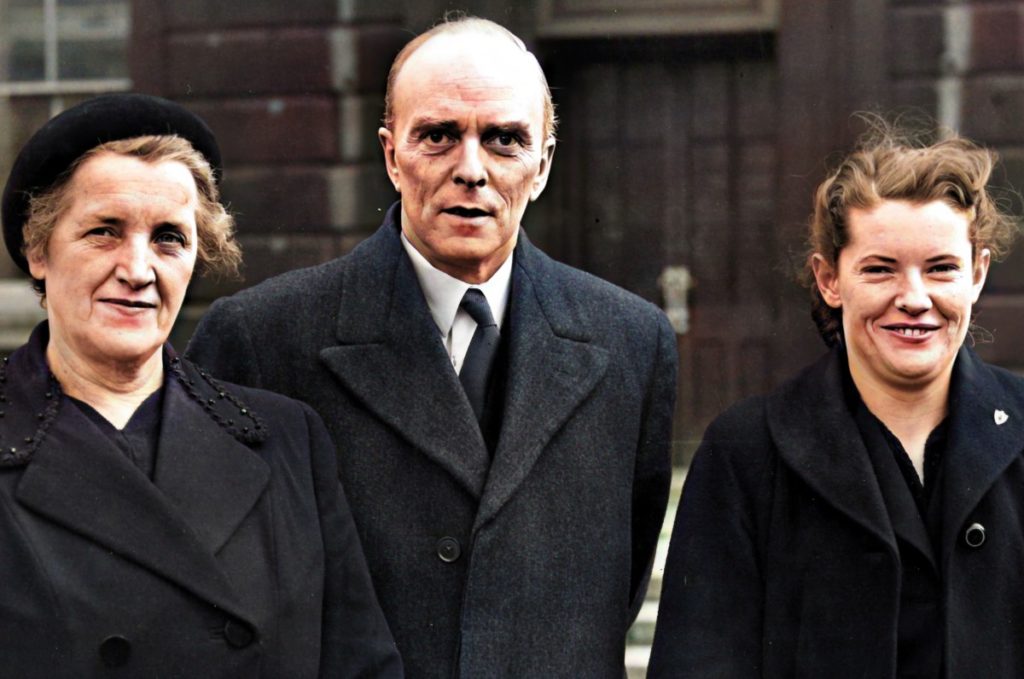
Just as Honor Mary Crowley had set a political first in Ireland in 1945 by becoming the first ever woman to succeed her husband at a by-election (in Kerry South), so too had Kathleen O’Connor set a record: she is the first woman in Irish politics to succeed her father at a by-election.
O’Connor’s election represented an essential fillip to the coalition government of the day and to her party, Clann na Poblachta. But Kathleen’s political career was to be one of the shortest in political history. She decided quickly that politics was not for her and she opted not to contest the 1957 general election. She returned to teaching and never again played an active role in politics in Kerry. Her decision to stand brought Clann na Poblachta’s brief political success in Kerry to an abrupt halt. It would be another twenty years before a woman was elected to the Dáil to represent Kerry North.
An extract from A Century of Politics in the Kingdom: A County Kerry Compendium – Irish Academic Press

